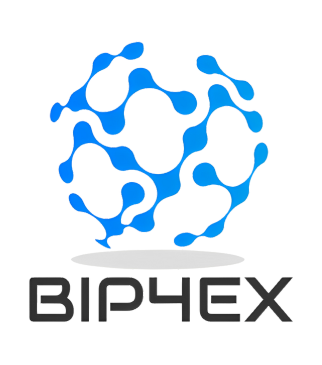A new alternative method for the processing of entire bodies or body parts of pet animals (Category 1 animal by‐products (ABPs)) was assessed. The method consists of an alkaline hydrolysis process under atmospheric pressure carried out in a batch system within a stainless‐steel container at temperatures higher than 95.5°C for more than 14 h. Prions are the most resistant biological hazards potentially present in the material to be treated. The proposed method was assessed by the BIOHAZ Panel for its efficacy in achieving a reduction in prion infectivity by at least 6 log10 to be considered equivalent to the processing method laid down in Point A Section 2 Chapter IV Annex IV of Commission Regulation (EU) No 142/2011. The application focusses on demonstrating the capacity of the alternative method to inactivate prions by providing evidence from two studies applying matrix‐assisted laser desorption/ionisation time of flight (MALDI–TOF) mass spectrometry to show the absence of peptides larger than 3 kDa after the treatment. The BIOHAZ Panel considers that these studies do not provide direct or indirect experimental evidence that the quantitative reduction of prion infectivity is achieved by the alternative method. Therefore, in the absence of quantitative estimation of prion infectivity reduction, the alternative method cannot be considered equivalent to the approved alkaline hydrolysis process.
